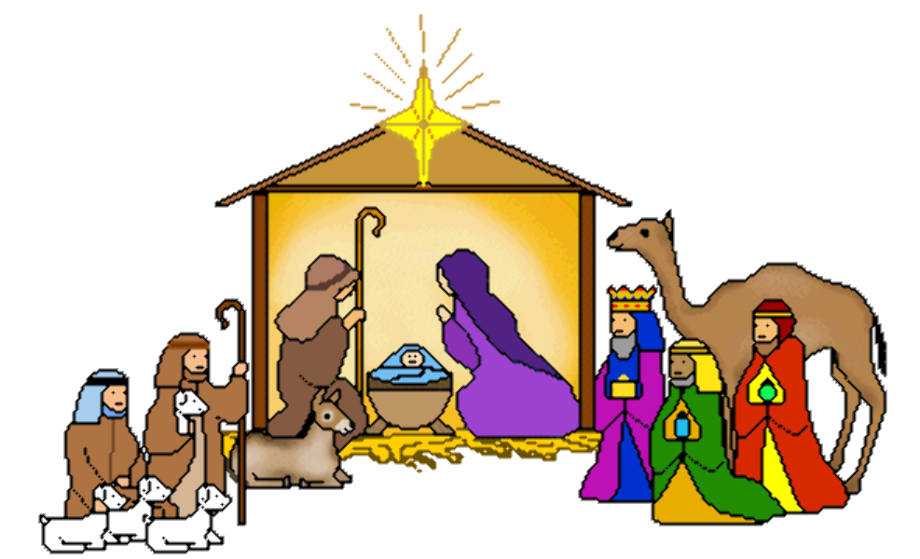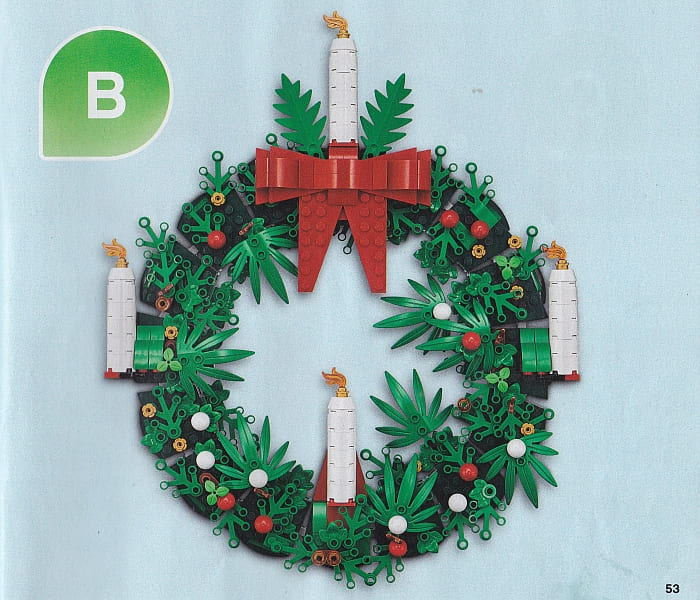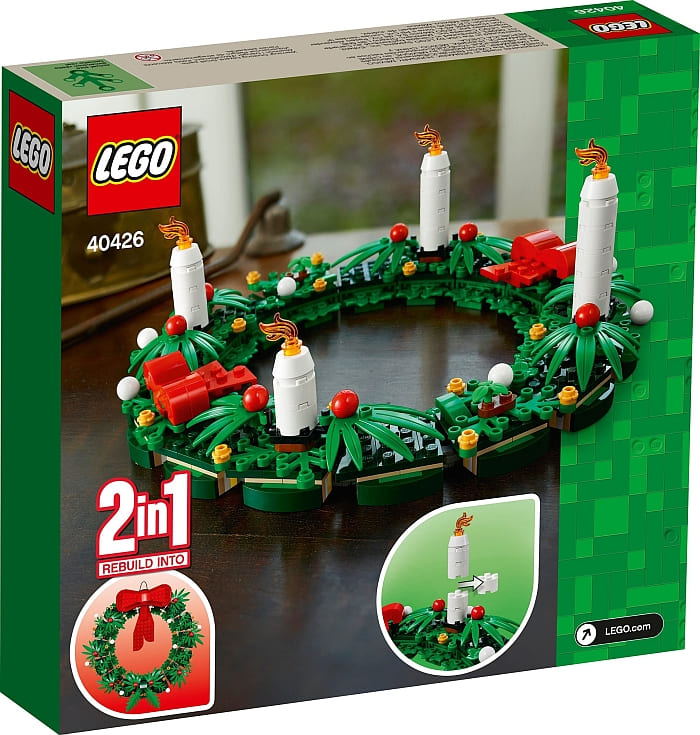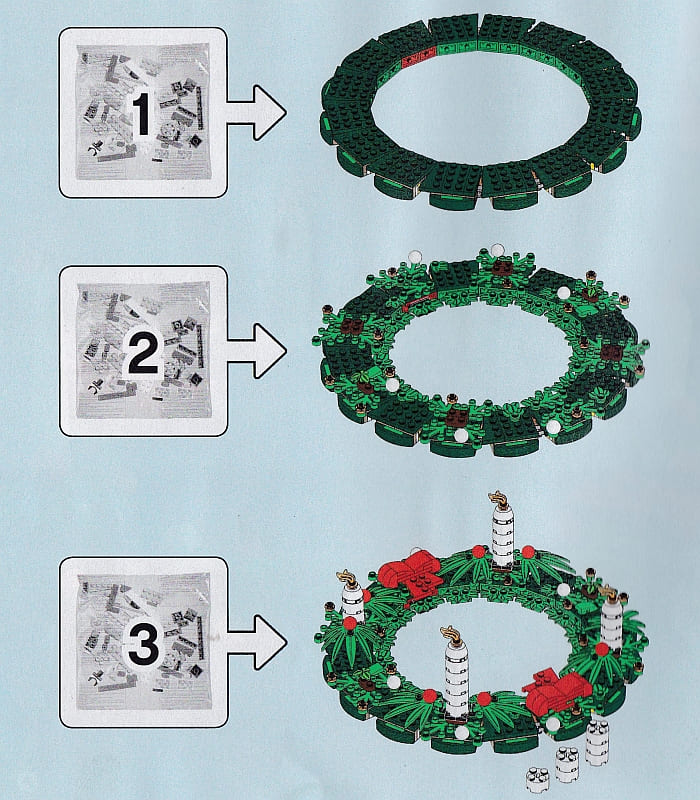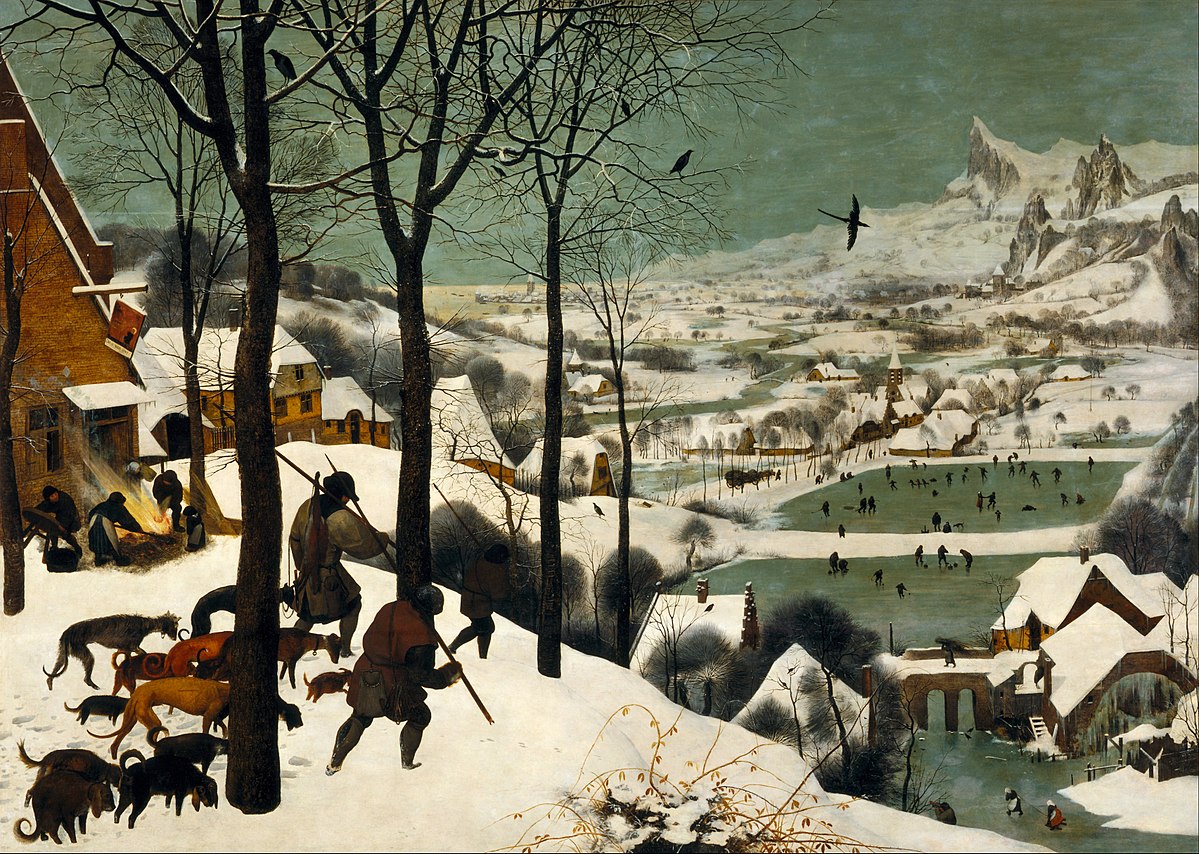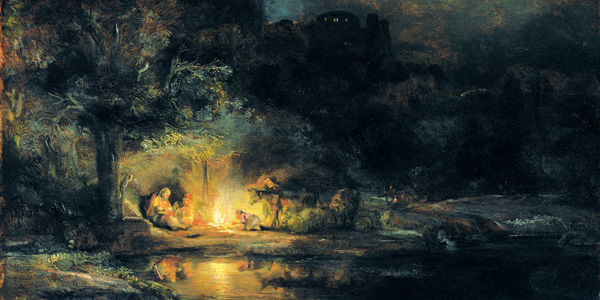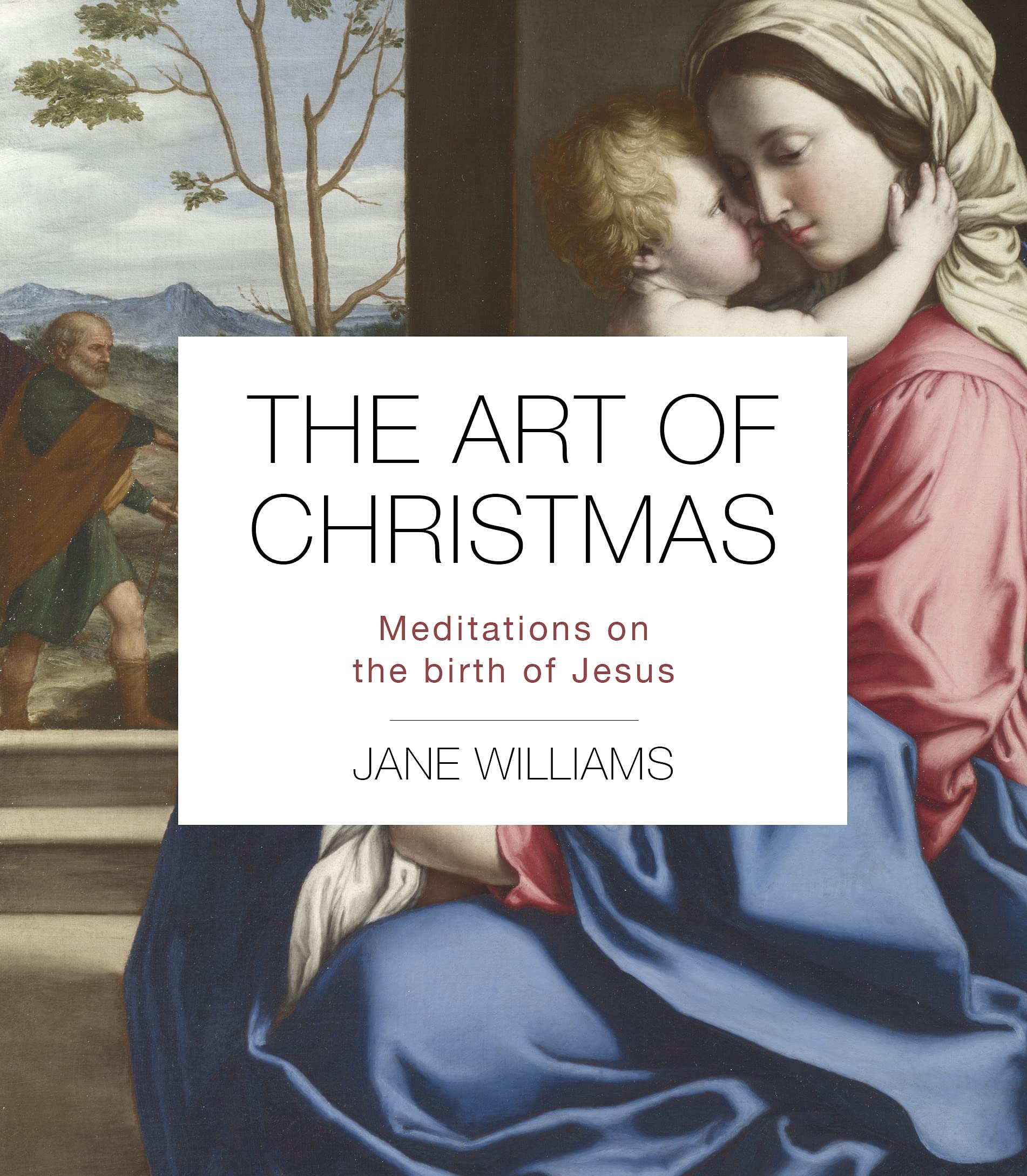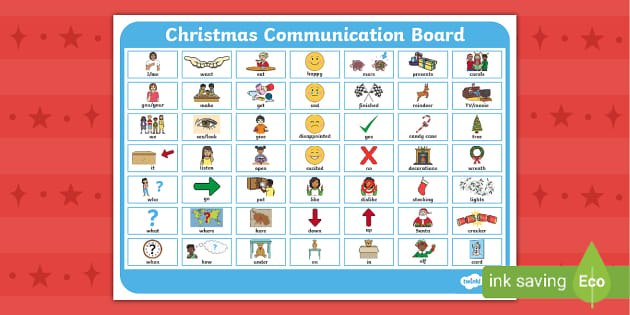The Enduring Magic Of Christmas Wishes
The Enduring Magic of Christmas Wishes
Related Articles: The Enduring Magic of Christmas Wishes
Introduction
With great pleasure, we will explore the intriguing topic related to The Enduring Magic of Christmas Wishes. Let’s weave interesting information and offer fresh perspectives to the readers.
Table of Content
The Enduring Magic of Christmas Wishes

The tradition of writing Christmas wishes to Santa Claus is a beloved ritual for children worldwide. It embodies the spirit of hope, anticipation, and the enduring belief in the power of dreams. While the act of writing a wish list might seem simple, it holds a deeper significance, fostering imagination, gratitude, and a connection to the spirit of giving.
The Origins and Evolution of Christmas Wishes
The concept of wishing for gifts during the Christmas season can be traced back to ancient traditions associated with the winter solstice. In many cultures, this period marked a time of renewal and hope, often accompanied by festivities and gift-giving.
The figure of Santa Claus, as we know him today, evolved from the Dutch figure of Sinterklaas, who was believed to deliver gifts to children on December 6th. The association of Santa with Christmas and the act of writing wish lists gained prominence in the 19th century, thanks in part to the popularity of Clement C. Moore’s poem "A Visit from St. Nicholas" (better known as "Twas the Night Before Christmas").
The Importance of Writing Christmas Wishes
Writing Christmas wishes serves as a powerful tool for children, fostering various cognitive and emotional benefits:
- Imagination and Creativity: The act of dreaming up wish list items encourages children to tap into their imagination and think creatively. They envision possibilities, explore their interests, and express their desires.
- Gratitude and Reflection: The process of writing a wish list prompts children to reflect on their current possessions and appreciate what they already have. It encourages them to consider what truly brings them joy and to express gratitude for the gifts they receive.
- Communication and Expression: Writing a wish list allows children to communicate their desires and feelings to others in a structured and meaningful way. It teaches them how to express themselves clearly and concisely.
- Hope and Anticipation: The anticipation of receiving gifts fuels a sense of hope and excitement, creating a positive emotional atmosphere during the Christmas season. It teaches children to look forward to the future with optimism.
The Benefits of Writing Christmas Wishes for Families
Beyond the individual benefits for children, the tradition of writing Christmas wishes also brings families closer together:
- Shared Experience: The act of writing wish lists becomes a shared family experience, fostering bonding and creating lasting memories.
- Communication and Understanding: Writing and discussing wish lists provides a platform for open communication between parents and children. It allows parents to understand their children’s desires and interests, while children learn to articulate their needs and preferences.
- Family Traditions: The tradition of writing Christmas wishes becomes a cherished family ritual, creating a sense of continuity and shared history.
FAQs Regarding Christmas Wishes
Q: Is it appropriate to write Christmas wishes to Santa Claus for older children?
A: While the tradition is primarily associated with younger children, there is no age limit to the joy of writing Christmas wishes. Older children can still benefit from the process, particularly if they are going through a challenging period or are experiencing a sense of loss.
Q: What should children write on their Christmas wish lists?
A: Children should write down items that are meaningful to them, whether they are tangible objects or experiences. It is important to encourage them to think beyond material possessions and consider wishes that promote personal growth, such as learning a new skill or spending quality time with loved ones.
Q: How do parents handle wish lists that include unrealistic or expensive items?
A: Parents should approach these requests with honesty and understanding. They can explain that Santa Claus is magical but has limitations, and that some items might not be possible. It is important to focus on the spirit of giving and encourage children to appreciate the value of experiences and the joy of giving gifts to others.
Tips for Writing Christmas Wishes
- Encourage Creativity: Encourage children to use their imagination and come up with unique and creative wish list items.
- Focus on Meaningful Wishes: Guide children to choose items that have personal significance and reflect their interests and values.
- Promote Gratitude: Encourage children to express gratitude for the gifts they already have and to consider wishes that promote personal growth and happiness.
- Make it a Family Activity: Turn writing wish lists into a fun family activity, sharing stories and creating memories together.
Conclusion
The tradition of writing Christmas wishes to Santa Claus transcends the act of simply listing desired gifts. It serves as a powerful reminder of the magic and wonder of the holiday season, fostering imagination, gratitude, and a sense of hope in children. By embracing this tradition, families can create meaningful memories and instill values that will last a lifetime.








Closure
Thus, we hope this article has provided valuable insights into The Enduring Magic of Christmas Wishes. We appreciate your attention to our article. See you in our next article!








